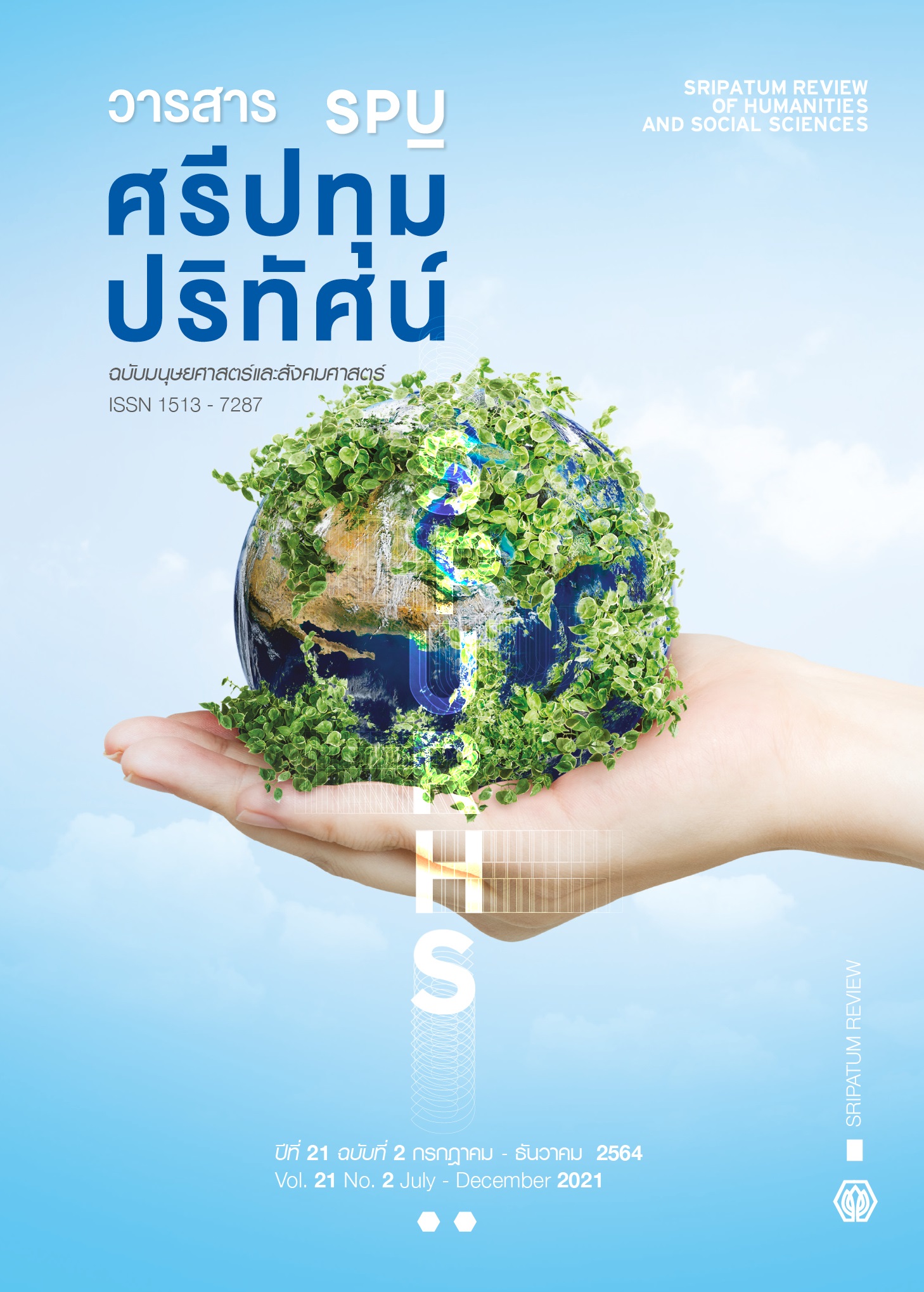Proposed Learning Community Based on Science and Technology Culture to Enhance the Competitiveness of Thailand’s Agricultural Production
Main Article Content
Abstract
The objectives of this mixed-method research were (1) to study a good model for promoting science and technology culture in order to enhance the agricultural production capability of Thailand; (2) to analyze the current condition of and factors that promote the learning community based on science and technology culture in order to enhance the agricultural production capability of Thailand; and (3) to propose a learning community model based on science and technology culture to enhance the agricultural production capability of Thailand. This study was conducted as follows: (1) interviewing three role model researchers and 20 stakeholders, (2) conducting six focus group discussions, and (3) using a questionnaire to collect data from 515 respondents. After that, the collected data were analyzed to design the learning community model based on science and technology culture to enhance the agricultural production capability of Thailand. The results of the study were as follows: (1) the good model for promoting science and technology culture was the one that had research studies to respond to the consumers’ needs that were important factors influencing the prices of various agricultural products; also, there had to be participation in activities with farmers via the field study visits to explore the farmers' actual problems precisely; (2) the current condition that promoted the learning community based on science and technology culture was the existence of a structure that promotes the work performance of the researchers; while the factor that promoted the learning community based on science and technology culture was the creation of channels for creating the learning community that provides experiences for researchers to access the real problems of the farmers; and (3) the LINKS Model was the model of learning community based on science and technology culture to enhance the agricultural production capability of Thailand by connecting to this learning community in order to respond to the agricultural sector of Thailand.
Article Details
1. กองบรรณาธิการสงวนสิทธิ์ในการพิจารณาและตัดสินการตีพิมพ์บทความในวารสาร
2. บทความทุกเรื่องจะได้รับการตรวจสอบทางวิชาการโดยผู้ทรงคุณวุฒิ แต่ข้อความและเนื้อหาในบทความที่ตีพิมพ์เป็นความรับผิดชอบของผู้เขียนแต่เพียงผู้เดียว มิใช่ความคิดเห็นและความรับผิดชอบของมหาวิทยาลัยศรีปทุม
3. การคัดลอกอ้างอิงต้องดำเนินการตามการปฏิบัติในหมู่นักวิชาการโดยทั่วไป และสอดคล้องกับกฎหมายที่เกี่ยวข้อง
References
Department of Agricultural Extension. (2013). Work Manual for Agricultural Extension Personnel Agricultural technology. Bangkok: The Printing Assembly of Agricultural Cooperatives of Thailand Limited. (in Thai)
Food and Agriculture Organization of the United Nations. (2011). Biotechnologies for Agricultural Development. Rome: Food and Agriculture Organization of the United Nations.
Food and Agriculture Organization of the United Nations. (2017). Innovations in Agroecology – a case study from the Netherlands. Rome: Food and Agriculture Organization of the United Nations.
Holborn, M. (2015). Contemporary sociology. Cambridge: Polity Press.
Ladachart, L. (2018). Science teaching as science, history, philosophy and the education. Bangkok: Chulalongkorn University. (in Thai)
National Science and Technology Development Agency. (2015). Cluster Work Plan and Target Guide. Pathum Thani: National Science and Technology Development Agency. (in Thai)
Office of the Education Council Secretariat. (2012). Research report on educational administration for the transition to Society, economy, knowledge base and creativity. Bangkok: Office of the Education Council Secretariat. (in Thai)
Suklao, J. (2009). Role of leader in organic rice farm knowledge transfer-case study in Baansrijomjang Honghin sub-district Jun district Payao province. Thesis of the Degree of Master of Art Program in Social Science. Khon Kaen: Khon Kaen University. (in Thai)


